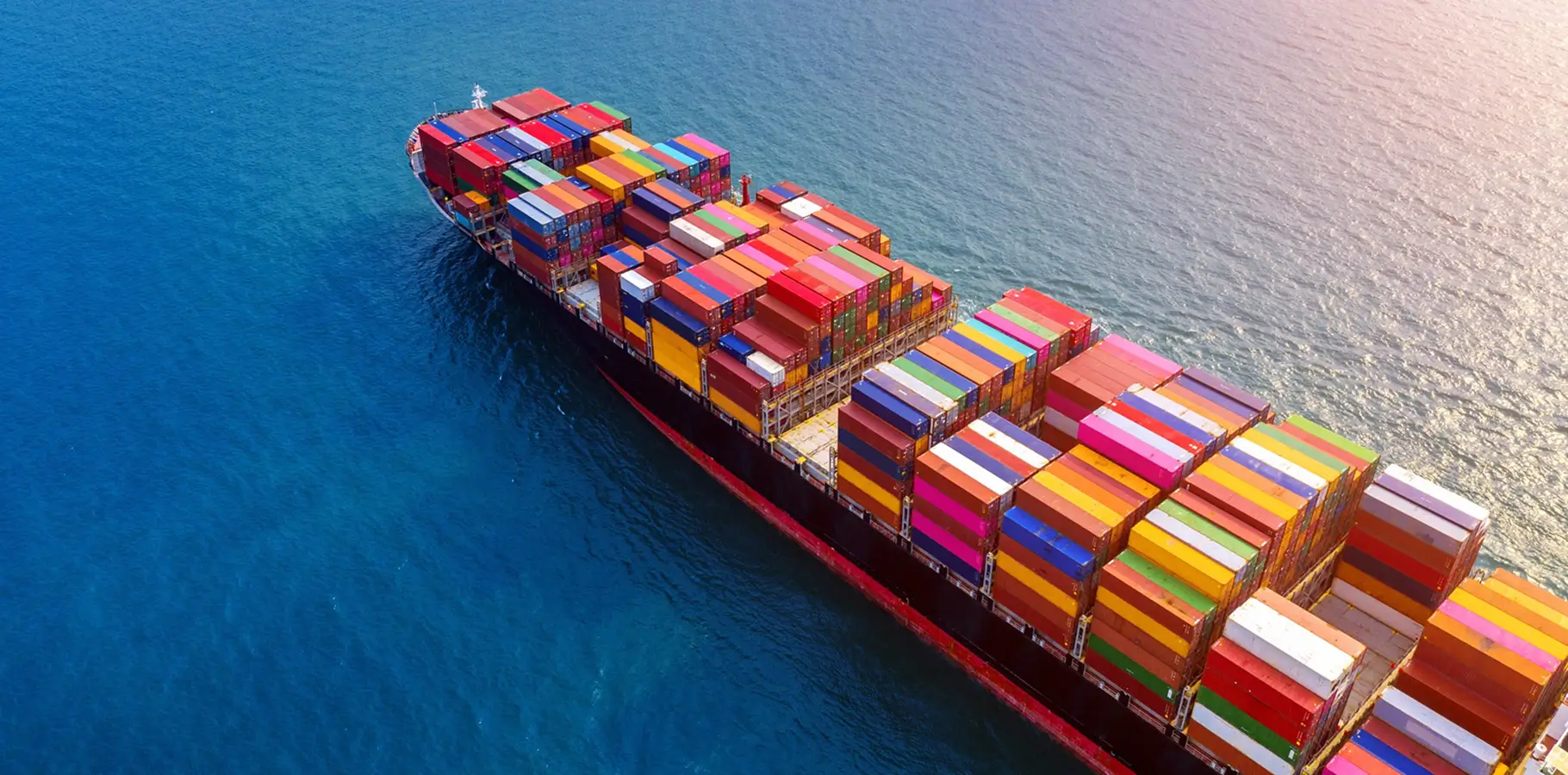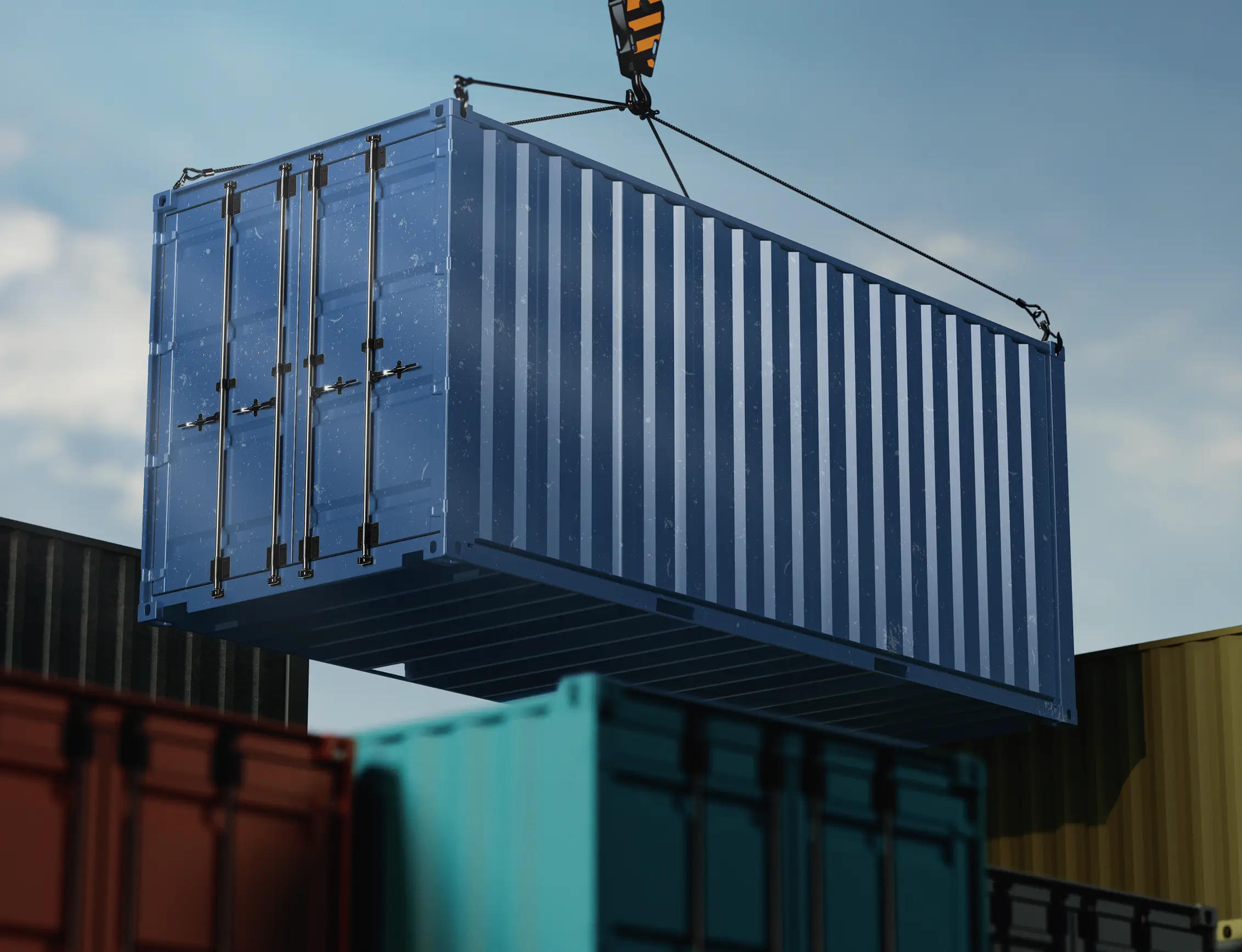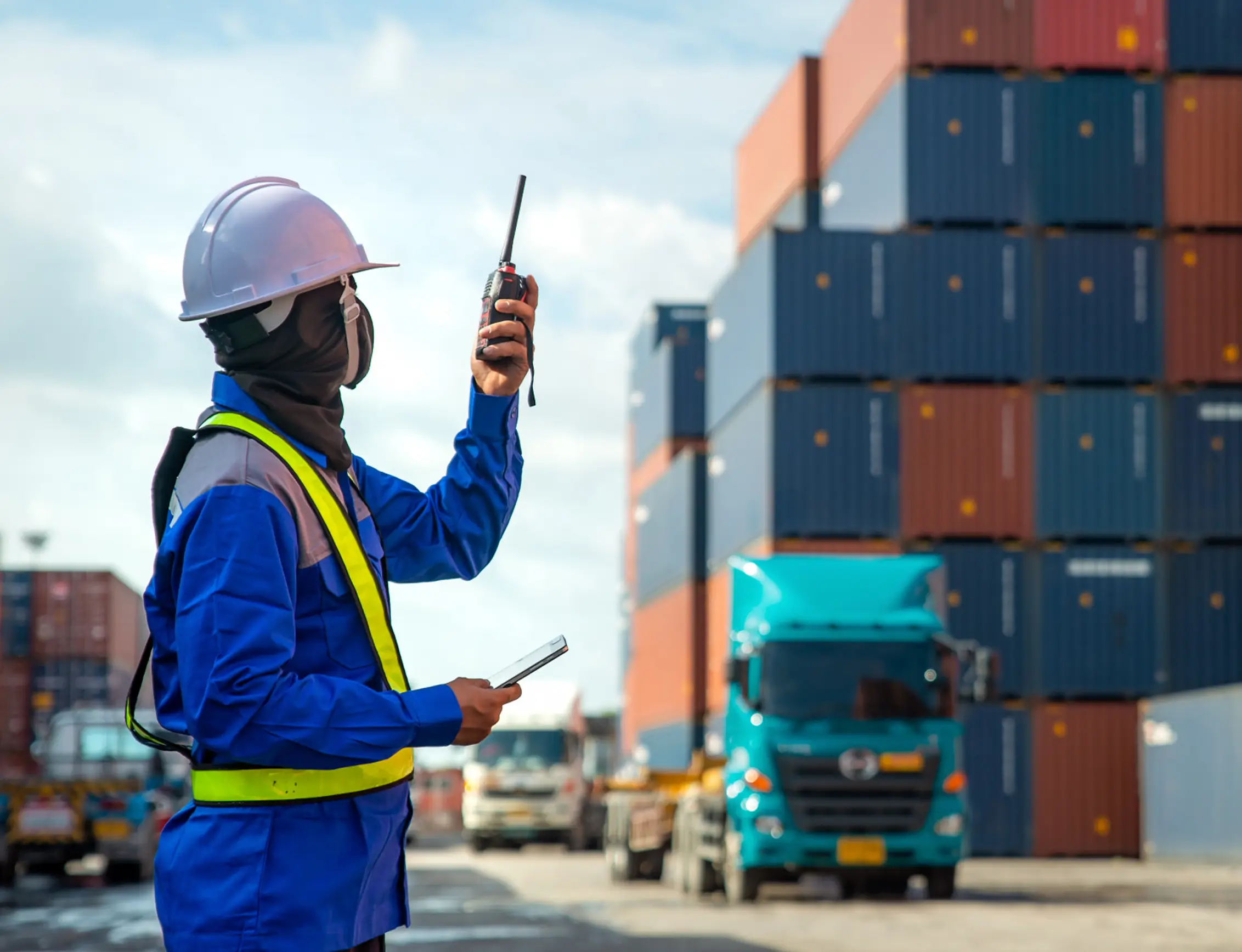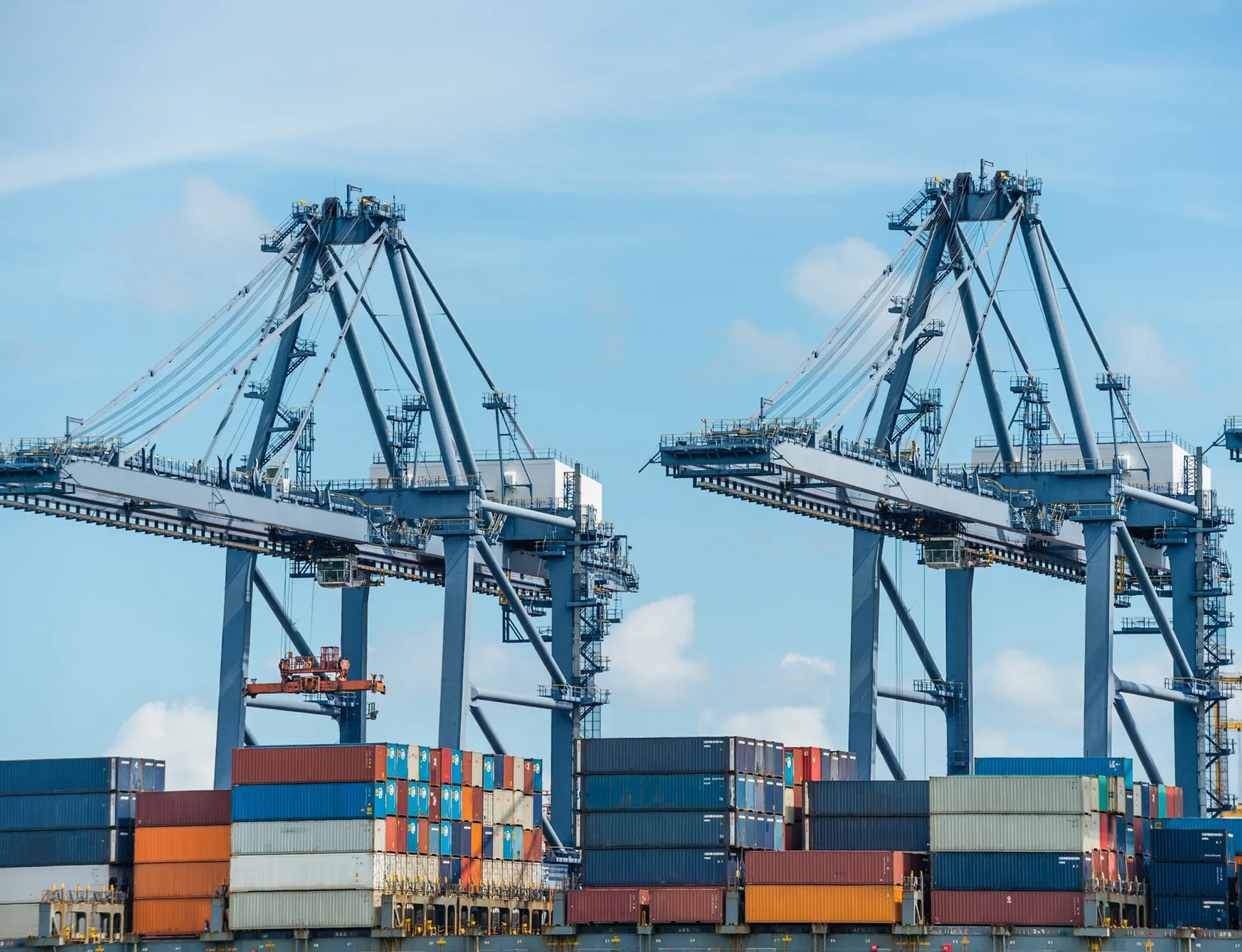Tips for Efficient Cargo Tracking and Management

Understanding Your Unique Needs
Global shipping plays a vital role in the interconnected world, facilitating trade and the movement of goods across continents. Despite its significance, it comes with its own set of challenges that businesses need to navigate. Here, we delve into the most common hurdles in global shipping and provide practical strategies to overcome them.
Navigating Complex Regulations
Solar panels and wind turbines harness free, renewable resources—sunlight and wind. Over time, this significantly reduces your energy expenses, offering long-term savings.
Solution: Stay informed about the regulations in your target markets. Partnering with a freight forwarder or logistics expert can ensure all documentation is accurate and deadlines are met.
Delays in Transit
Shipping delays can disrupt supply chains and impact customer satisfaction. These delays can arise from weather conditions, port congestion, or unforeseen events like strikes.
Solution: Build flexibility into your timelines and maintain strong communication with carriers. Advanced tracking systems also help monitor shipments in real time, allowing you to anticipate and mitigate potential delays.
Rising Shipping Costs
Fuel prices, labor shortages, and fluctuating demand contribute to increased shipping costs. For small businesses, these expenses can significantly affect profit margins.
Solution: Optimize your shipping strategy by consolidating shipments, choosing cost-effective routes, and negotiating contracts with carriers. Exploring options like ocean freight for bulk shipments can also help reduce costs.
Damage or Loss of Goods
Handling and transporting goods across long distances increases the risk of damage or loss, especially for fragile or perishable items.
Solution: Invest in high-quality packaging and work with reliable carriers. Insurance coverage for goods in transit is also crucial to safeguard your financial interests.

Supply Chain Disruptions
Global events such as pandemics, political conflicts, or natural disasters can disrupt supply chains and halt shipping operations.
Solution: Diversify your suppliers and transportation routes to reduce dependency on a single source or path. Building relationships with alternative providers can keep your operations running smoothly during crises.
Limited Visibility and Tracking
Not knowing the status of your shipment can lead to customer dissatisfaction and operational inefficiencies.
Solution: Leverage advanced tracking technologies like GPS and IoT-enabled devices. These tools provide real-time updates on shipment location, estimated delivery times, and potential delays.
"The shift to renewable energy is not just about saving the planet—it’s about empowering communities, driving innovation, and securing a sustainable future for all."
Final Thoughts
Overcoming challenges in global shipping requires a proactive approach and a well-thought-out strategy. By understanding the obstacles and adopting innovative solutions, businesses can streamline their logistics operations and deliver a seamless shipping experience. In an ever-evolving global market, adaptability and collaboration are the keys to success.





